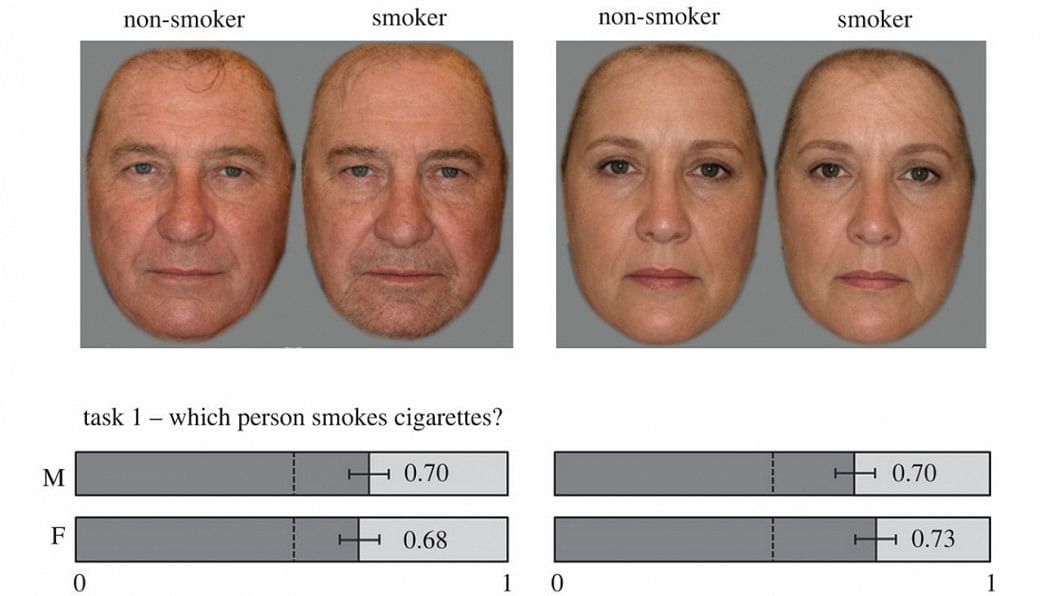Non-smokers more attractive: Study

If you are a smoker then people will find you less attractive, that's what a study said.
Non-smokers are proved to be more attractive than smokers as proofs of negative impact of smoking on facial appearances, said researchers at the University of Bristol in the United Kingdom.
Over 500 participants were presented with the faces of 23 sets of identical twins, plus a male and female prototype.
The research explored two further aspects of smoking and facial appearance: "(1) does facial appearance alone provide an indication of smoking status and (2) how does smoking affect the attractiveness of faces?"
The finding under the title of 'Smoking status and attractiveness among exemplar and prototypical identical twins discordant for smoking' was published on Royal Society Open Science journal on December 13, 2017.
Identical twins, both male and female, as the subjects of the study provided the researchers with the degree of control they needed to achieve accurate results.
"Because identical twins share nearly all their genetic material, and some aspects of their environment (e.g. parenting, cultural background, education), differences between them can be attributed to non-shared environmental effects, including differences in lifestyle behaviours such as smoking," the study said.
The male and female participants were able to correctly identify which of the male and female prototype faces was the smoker 70 per cent of the time.
Both men and women also predominantly chose the non-smoker prototype faces as the more attractive of the two.
The researchers believe that their findings could be instrumental in promoting changes in smoking behaviour, especially among young people.
"Young people are particularly sensitive to the potential negative effects smoking has on their attractiveness as they age," the study said.
"The findings, particularly those for the prototypes that represent the characteristic facial features of smokers and non-smokers, have the potential to be of utility in developing and improving smoking behaviour change interventions," it added.

 For all latest news, follow The Daily Star's Google News channel.
For all latest news, follow The Daily Star's Google News channel. 








Comments